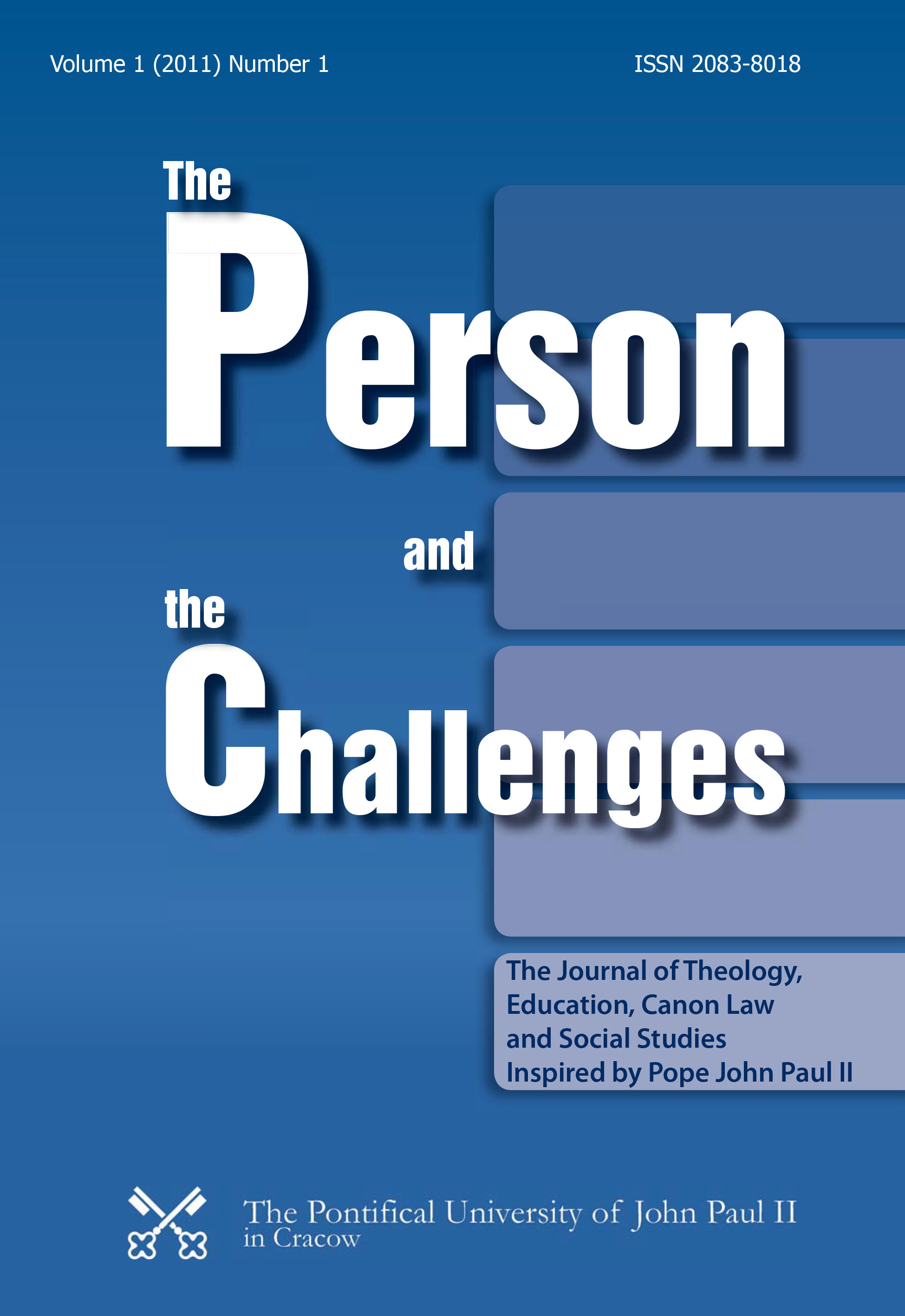Religiosität als erwünschte Anregung in der Hermeneutik
DOI:
https://doi.org/10.15633/pch.836Słowa kluczowe:
poetics, hermeneutics, Paul Ricoeur, Luc Ferry, Gianni Vattimo, globalization, religiosity, origin of meaningsAbstrakt
Paul Ricoeur insists on some kind of philosophical agnosticism although in everyday practice he is consciously bound to Christianity. That said, his poetical approach in Biblical hermeneutics when he confronts his position with his no believing contemporaries, very clearly shows that religious dimension of man, especially in its openness to new meanings, makes the understanding more proli fi c. This opens the way for new attempts of repeated search for human need for religious dimension also at Luc Ferry and Gianni Vattimo. It is not necessary that there is a very certain form of religiosity; the important thing is openness for these questions. In this way we liberate the science, to seriously confront with religious dimension of man. This is especially important in a globalized world where religiosity on one hand can be a cause for the clash of civilizations and on the other it can be a possibility of a common search for a world ethos.
Bibliografia
Amherdt F. X., Introduction, in: P. Ricoeur, L’herméneutique biblique, Paris 2001, Cerf.
Changeux J. P. und P. Ricoeur, Ce qui nous fait penser. La nature et la règle, Paris 1998, Editions Odile Jacob.
Comte-Sponville A. und L. Ferry, La sagesse des Modernes, Paris 1998, Robert Laffont.
Ferry L., L'Homme-Dieu, Paris 1996, Grasset.
Habermas J., Glauben und Wissen, Frankfurt am Main 2001, Suhrkamp.
Klun B., Apologija šibkega krščanstva, in: G. Vattimo. Mislim, da verujem, Ljubljana 2004, KUD Logos.
Küng H., Wozu Weltethos?, Freiburg im Breisgau 2002, Herder.
W. Schmid, Mit sich selbst befreundet sein, S. 428.
Ricoeur P., Le conflit des interprétation, Paris 1969, Seuil. Ricoeur P., De l’interprétation, Paris 1965, Seuil.
Ricoeur P., Histoire et vérité, Paris 1955, Seuil.
Ricoeur P., Philosophie de la volonté, Paris 1988, Aubier. Ricoeur P., Réflexion faite, Paris 1995, Esprit.
Ricoeur P., Soi-même comme un autre, Paris 1996, Seuil. Ricoeur P., L’unique et le singulier, Liège 1999, Alice.
Schmid W., Mit sich selbst befreundet sein, Frankfurt am Main 2004, Suhrkamp.
Thomasset A., Paul Ricoeur Une poétique de la morale, Leuven 1996, University press.
Vattimo G., Abschied, Wien 2003, Turia + Kant.
Vattimo G., Glauben – Philosophieren, Stuttgart 1997, Reclam.
Pobrania
Opublikowane
Numer
Dział
Licencja
Prawa autorskie (c) 2015 Janez Vodičar

Utwór dostępny jest na licencji Creative Commons Uznanie autorstwa 4.0 Międzynarodowe.
Autorzy publikujący w czasopiśmie udzielają jego wydawcy zgody o następującej treści:
- Autor zachowuje autorskie prawa majątkowe do utworu, a jednocześnie udziela wydawcy czasopisma zgody na jego pierwszą publikację w wersji drukowanej i wersji online na licencji Creative Commons Uznanie autorstwa 4.0 Międzynarodowe oraz zgody na wykonywanie opracowań, w tym przekładów.
- Autor ma możliwość udzielania zgody niewyłącznej na opublikowanie utworu w wersji, która ukazała się w czasopiśmie (np. zamieszczenia go w repozytorium instytucjonalnym lub opublikowania w książce), wraz z informacją o jego pierwszej publikacji w czasopiśmie.
- Autor może umieścić swój utwór online (np. w repozytorium instytucjonalnym lub na swojej stronie internetowej) jeszcze przed zgłoszeniem utworu do czasopisma.

